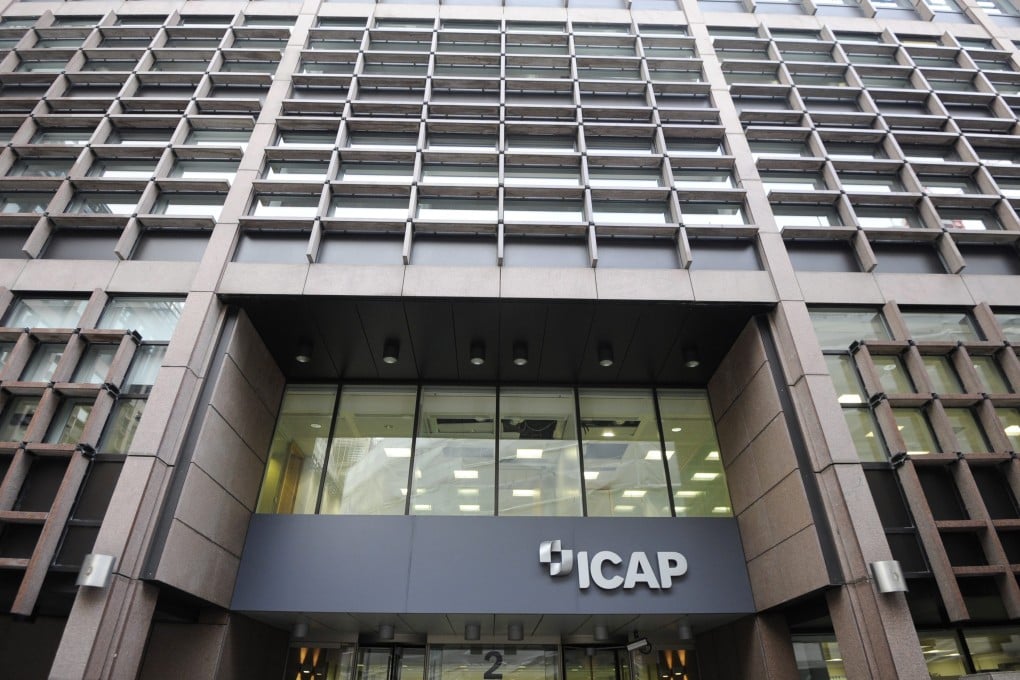Libor case raises integrity issues
Evidence that interdealer brokers rigged the interbank numbers highlights the kind of pressure exerted on them by influential customers

Evidence that interdealer brokers at ICAP conspired to rig Libor for a bank trader raises questions over such firms' role as honest go-betweens among banks and highlights the pressure customers can put on them.

"I am obviously totally reliant upon [Trader A] business and need to fall into line with his wishes," one ICAP broker was quoted as telling another in an e-mail.
ICAP was the first interdealer broker to be fined in a sweeping international investigation into how traders misled the compilers of daily Libor (London interbank offered rate) surveys in a conspiracy to skew the Libor - an average rate that measures how much banks expect to pay each other for loans.
Two former employees of smaller broker RP Martin are facing criminal charges in Britain over the Libor affair.
The role of the brokers is to match buyers and sellers among banks across a range of financial instruments, from basic bonds and currencies to derivative products, such as swaps. The brokers take a commission for arranging the trades.